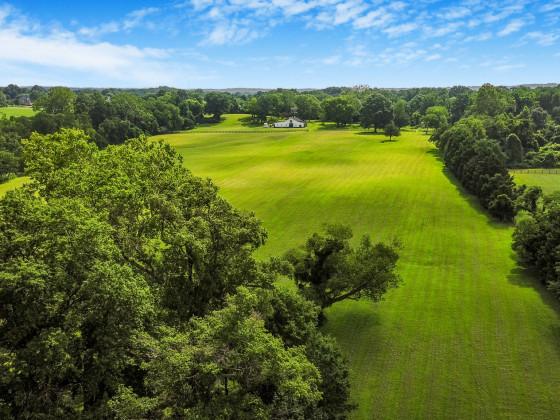What's Hot: What Is In The Big New Housing Bill?
 The Ivy City Renaissance
The Ivy City Renaissance
✉️ Want to forward this article? Click here.
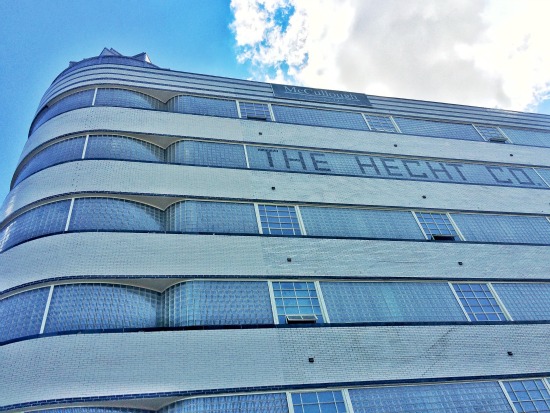
The Hecht Warehouse building.
A renaissance is underway in Ivy City.
The tiny Northeast DC neighborhood, which has a mix of residents and industrial tenants, is sandwiched between railroad tracks and busy New York Avenue NE to the north and West Virginia Avenue NE to the south (map). There’s no recent breakdown of how many residents live in the small slice of northeast, but its ANC representative, realtor Peta Gay-Lewis, says when she reaches out to Ivy City households, she generally prints off about 300 flyers.
Established in the late 1800s, Ivy City was once a tight-knit neighborhood. An oral history gathered by advocacy group Empower DC tells the story of a bustling racetrack near the National Fairgrounds, with residents working on the Baltimore & Ohio Railroad. Kids in Ivy City attended the Crummell School, now long since vacant. In the 1950s and ’60s the neighborhood began to decline. The city threatened to build a highway through the area and demolish its rowhouses. Many of its residents moved away.
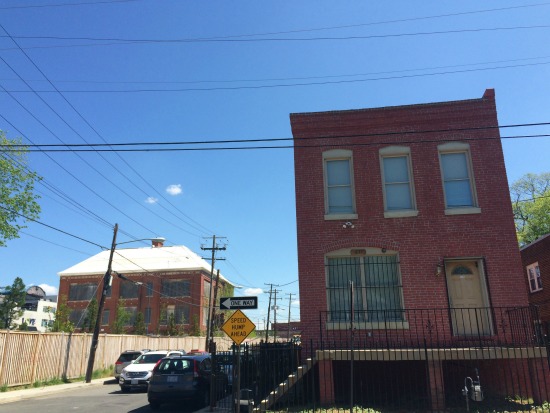
A home in Ivy City with the vacant Crummell School in the background.
Today, the city’s residents have taken to referring to their neighborhood as the “dumping ground,” Lewis said. For business owners and the city, it’s long been considered a close-in location with industrial zoning and cheap land, and much of it was fenced off and paved over to make way for parking lots for city vehicles.
But beginning around 2012, Ivy City’s fortunes began to change: Its location near the burgeoning Union Market area began to attract the interest of area developers. Douglas Development bought the Hecht Warehouse and in 2013 announced its plans to change its project at 1401 New York Avenue NE (map) from an office complex into a mixed-use residential and commercial project.
Lewis, who moved in with her family in 2011 from Capitol Hill, is excited by the coming change. The neighborhood still lacks basic amenities; her corner home has no sidewalk and trash on the streets was an issue when the family arrived. So she got involved and was elected ANC commissioner.
“I wanted my children to not be ashamed of where they live and also to feel safe,” she said. Some of her motivation came from a complaint she heard from her daughter after the family first moved in.
“She said, ‘Mom, why did we have to move to the dirty neighborhood?”
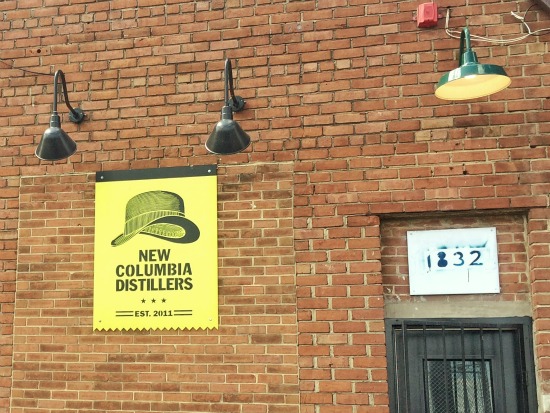
The New Columbia Distillers storefront.
Now, posters reading “We Are Ivy City” paper the display windows at Nike’s brand-new store at the Hecht Warehouse and trumpet the neighborhood in advertisements across the city. 338 residential units are slated to be built at the warehouse, and the list of development on tap is long. A Mom’s Organic grocery is already in operation, and three restaurants, a Petco, a BicycleSPACE, a Planet Fitness and more retail are scheduled to open soon. Douglas recently filed a zoning application to build another 8,000 square feet of retail in a small courtyard building on the site.
Even as the massive Hecht development has attracted big-name retailers, smaller businesses and other forms of investment are moving into the neighborhood, too. Michael Lowe, co-owner and distiller at New Columbia Distillers, opened his business in 2012. Lowe’s company, which makes Green Hat Gin, moved to Ivy City for its proximity to downtown and the small, industrially-zoned space.
“We were the first new commercial use in quite a while,” Lowe told UrbanTurf from his 3,600-square-foot distillery. “The Hecht Company building was a great, big white elephant that had been empty for decades. Now we’ve got a great deal of development going; there’s one more distillery in operation and two more in construction.”
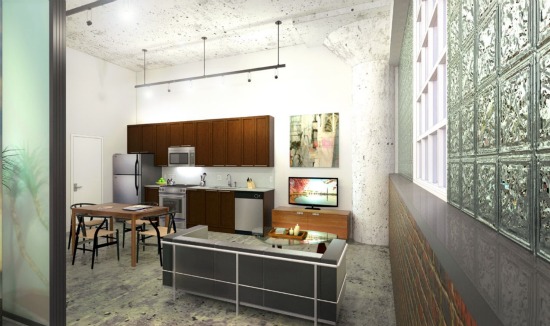
A proposed interior rendering of a unit at the warehouse.
Compass Coffee is also building a roastery in the neighborhood, and food incubator Union Kitchen is moving in, too.
“It’s great for the neighborhood,” Lowe said. “We’re bringing in new residential folks and on the commercial side, it’ll probably be a center for much of Northeast. The friendlier the neighborhood becomes to visitors, the better that’ll be for us.”
Philip Koopman, the co-owner of BicycleSPACE, is similarly excited about the neighborhood’s future. Koopman, a Prince George’s County resident, said the many thousands of commuters driving past the development on New York Avenue NE are bound to stop in and see what all the fuss is about.
“We really see our business as a vehicle for creating the kind of communities we want to be part of in terms of livability and sustainability and vitality,” Koopman said.
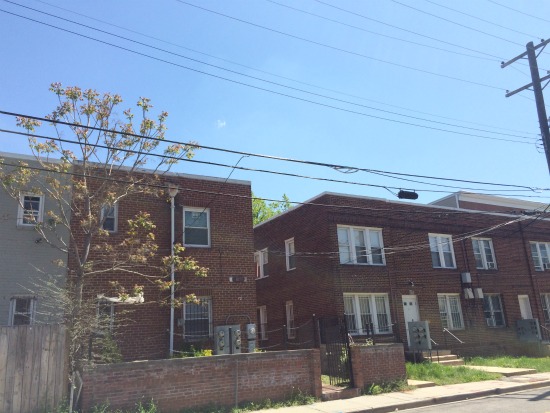
Homes in Ivy City.
Though the development was originally going to include a Busboys and Poets restaurant, a harbinger of neighborhood investment in DC, owner Andy Shallal backed out. He told Washington City Paper the development would attract “a select type of person” and become “very homogeneous.”
Koopman believes his new shop will serve a broad range of people, and suggested that the development, when finished, will be cheaper than most of its Class A counterparts in DC. Douglas Development did not respond to requests for comment about the pricing of the units or the development more broadly.
“In a lot of these neighborhoods in Northeast, you have a really broad cross-section of people economically and ethnically,” Koopman said. “And from what I understand the pricing, relative to other options in the city, is going to certainly be much more affordable. It’s not necessarily going to be the uberprofessionals.”
There’s been investment in some affordable housing in the neighborhood in the past five years, too. Mi Casa has built a number of condos and houses in the neighborhood, one of which is now home to Lewis and her family. Habitat for Humanity is at work on 11 new units in the neighborhood.
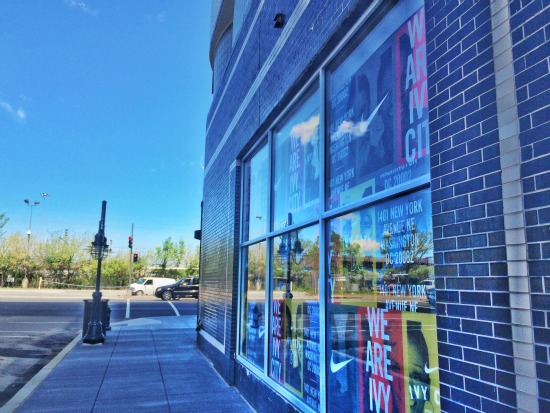
Nike posters on Fenwick Street and New York Avenue.
Lewis said residents’ biggest concern now is affordability. The downside of the development for longterm residents is increasing land value: Many in the neighborhood are renters, and some are preparing to move if their rent increases to unaffordable levels or their residences are sold.
“I remind them, ‘No, no, no. We have change,’” she said. “‘I’m hoping you stay here to benefit from all the changes happening.’ I tell them: ‘We’re not a dumping ground anymore.’”
Some of that change is tangible — the grocery store down the street and the Petco opening up mean Lewis no longer has to walk over a hill for groceries or take a cab to Columbia Heights to care for her dog. Other shifts, like the one she’s seen in her daughter, are harder to quantify.
“I can’t speak for everyone when it comes to those Nike posters, but the other day I was at Union Station with my little girl and she said, ‘Mom! They’re saying, ‘We Are Ivy City!’” Lewis said. “Her eyes lit up. She was so happy.”
See other articles related to: bicyclespace, douglas development, green hat gin, hecht warehouse redevelopment, ivy city, ivy city dc
This article originally published at http://dc.urbanturf.production.logicbrush.com/articles/blog/ivy_city_coming_renaissance/9822.
Most Popular... This Week • Last 30 Days • Ever
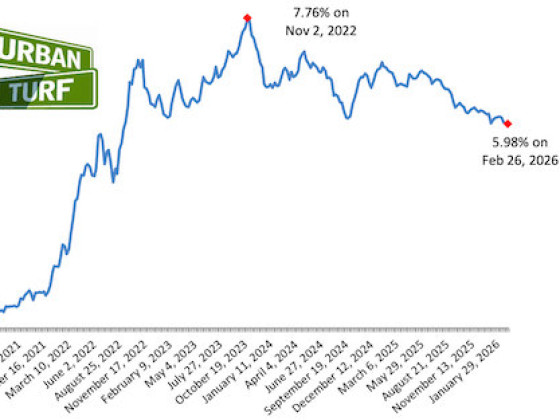
While it may seem like paying off a long-term mortgage early is a difficult task, it ... read »
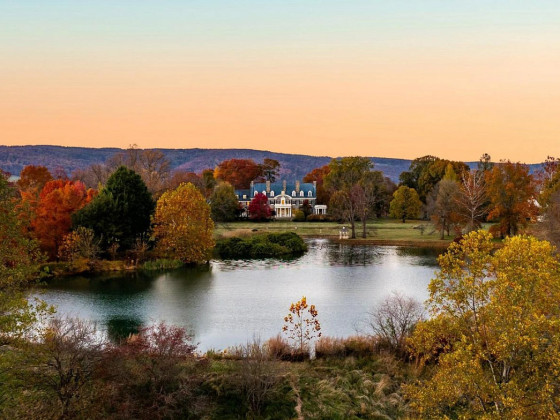
The property in Upperville known as Ayrshire Farm sold on Friday.... read »
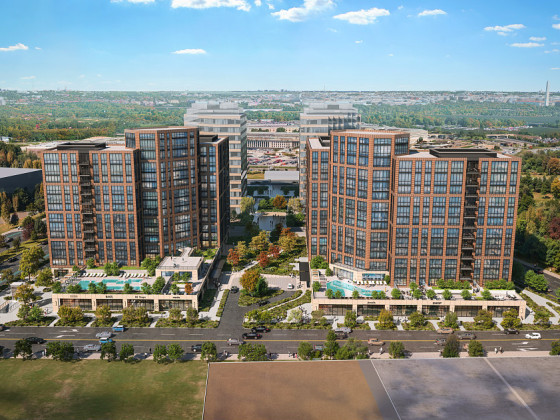
A new proposal is on the boards for the former home of the Transportation Security Ad... read »
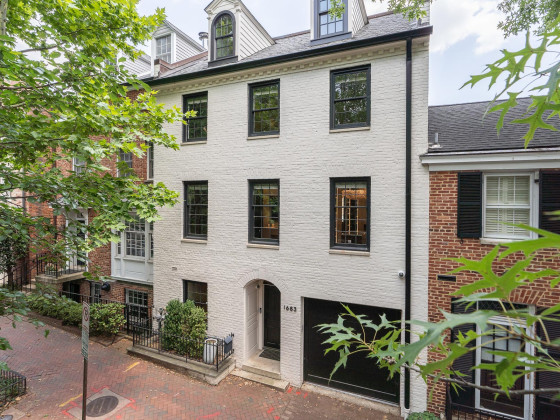
The classic Federal-style home recently underwent a dazzling, $2M renovation and boas... read »
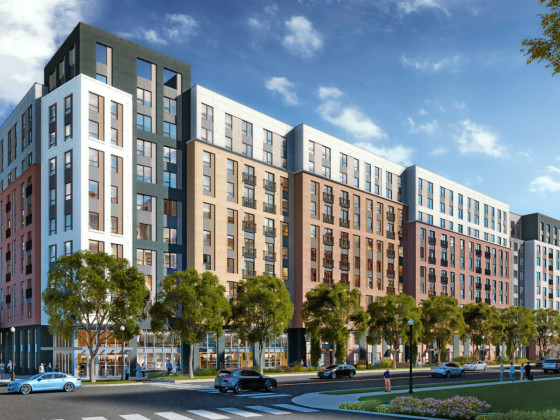
Even with a handful of projects being nixed over the last year, there are still a num... read »
- A Look at The Ways You Can Pay Off Your Mortgage Early
- Sandy Lerner's 570-Acre Virginia Farm Sells For $19.8 Million
- 637 Apartments, 31,000 Square Feet Of Retail: The New Plans for Pentagon City TSA Site
- A Pool, Elevator and Glass Roof: Luxuriously Renovated Georgetown Home Hits the Market
- The 6 Big Residential Projects In The Works Around National Landing
DC Real Estate Guides
Short guides to navigating the DC-area real estate market
We've collected all our helpful guides for buying, selling and renting in and around Washington, DC in one place. Start browsing below!
First-Timer Primers
Intro guides for first-time home buyers
Unique Spaces
Awesome and unusual real estate from across the DC Metro









